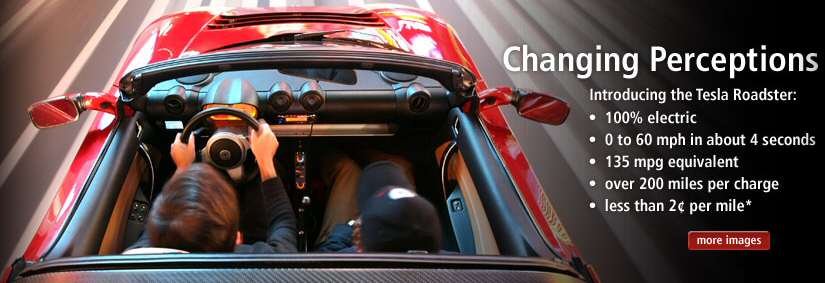greg
Thinks s/he gets paid by the post
- Joined
- Jun 1, 2005
- Messages
- 1,071
I found this snippet on a VW tdi site:
Quote:
[FONT=Arial, Helvetica, sans-serif]If reduction in fuel consumption is the goal, it would be better to replace 10mpg cars with 20mpg cars, than to replace 50 mpg cars with 100mpg cars. 5 times better.[/FONT]
[FONT=Arial, Helvetica, sans-serif]Counter-intuitive? Here’s the arithmetic. The 10mpg car uses 10 gallons to go 100 miles. The 20 mpg car uses 5: a saving of 5 gallons. The 50 mpg car uses only 2 gallons for 100 miles, so replacing it with a 100mpg car only saves one gallon.[/FONT]
[FONT=Arial, Helvetica, sans-serif]The fuel consumption problem is not that the current hybrid cars only get 50 mpg. That’s not where the fuel is going. Look around you on the freeway, and count the 10-15mpg cars. That’s where the fuel is going. If we can replace a 10mpg car with an electric car, at roughly 100mpg well-wheels equivalent, we save 9 times as much fuel per mile than if we replace the 50mpg hybrid commuter car.[/FONT]
Wrightspeed Inc. | Company
Quote:
[FONT=Arial, Helvetica, sans-serif]If reduction in fuel consumption is the goal, it would be better to replace 10mpg cars with 20mpg cars, than to replace 50 mpg cars with 100mpg cars. 5 times better.[/FONT]
[FONT=Arial, Helvetica, sans-serif]Counter-intuitive? Here’s the arithmetic. The 10mpg car uses 10 gallons to go 100 miles. The 20 mpg car uses 5: a saving of 5 gallons. The 50 mpg car uses only 2 gallons for 100 miles, so replacing it with a 100mpg car only saves one gallon.[/FONT]
[FONT=Arial, Helvetica, sans-serif]The fuel consumption problem is not that the current hybrid cars only get 50 mpg. That’s not where the fuel is going. Look around you on the freeway, and count the 10-15mpg cars. That’s where the fuel is going. If we can replace a 10mpg car with an electric car, at roughly 100mpg well-wheels equivalent, we save 9 times as much fuel per mile than if we replace the 50mpg hybrid commuter car.[/FONT]
Wrightspeed Inc. | Company



 We may forget a crucial part of what he said.
We may forget a crucial part of what he said.